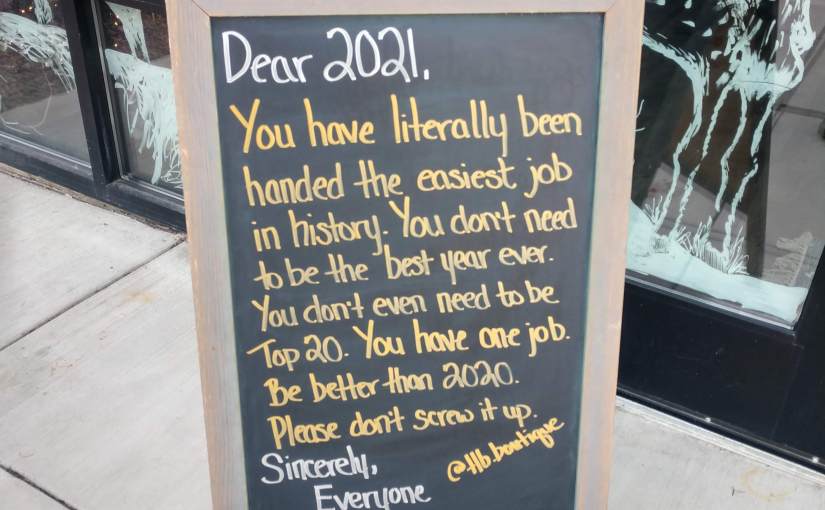Disclaimer: This post is not about anyone who is currently living, dead, or actually in the hospital. It’s just a story … let us keep it that way.
There comes a time in everyone’s life where they have to spend a few nights in the hospital. If you haven’t gone through the experience yet, more power to you. But for the other ninety-nine point nine percent of us, this will happen sometime in our life. Sorry. It just will.
Usually, as the folks who are not in the hospital, we have an obligation to those in the hospital. They get out of meetings. They rearrange our schedules. They do what they can to support whoever is not with us. That is what a family does, in case you didn’t know.
A hospital visit is never how you see it on TV. The family enters, the sick person is attached to a bunch of tubes, and usually, and everything is going to be ok. But that is not what I am talking about. When you are able to sit up, have food on your own, and have some reasonable expectation of when you’re getting out: then the relatives flock in and as a patient exercising patience, there is only so much you can do about it. If you find them annoying outside of the hospital, you will find them annoying amplified ten-fold when you are in a hospital bed and get leave the room. Did I go there? Yes. I just did!
When this happens, there are three things you can do to get rid of annoying hospital guests: 1) Saying you want to sleep, 2) keep looking at the clock, 3) say visiting hours are ending, or 4) keep pressing the nurse call button.
No problem! Here is how you can tell that your relative who is in the hospital wants you to go home.
Saying you want to sleep
When a person in the hospital wants to go to sleep … let them. That’s why you’re in the hospital in the first place, to get better. If you can’t get rid of your hospital guests, then start lowering your eyelids and they should get the message.
Keep Looking at the Clock
Just like in school, if you are distracted from the conversation, then your guests should realize it is time to go. They will think you are on some serious pain medication and excuse themselves out the door. You can keep telling them that you are tired. After all, you’re in the hospital! If they don’t get the hint, just fake sleep. They will leave soon enough!
Say Visiting Hours are Ending
As a patient, if you are saying that visiting hours are over, they will believe you. Most of the time, families have no understanding of your schedule and will rely on you to tell them when visiting hours are over. Am I serious? Yes. I am. But, how are you supposed to know when visiting hours are over … you just want to get out of the hospital!
Keep Pressing the Nurse Call Button
If you need some backup to get your relatives out of the room, just keep pressing the nurse call button. After a while of trying to talk to you, but continually getting interrupted, they will figure out that it is not a good time for the visit. Once again, if this doesn’t work, fake sleep …
Conclusion
Using any of the techniques above lets people know that you want to get some rest and get better. This isn’t a hotel! It is nice for the family to come out when you’re in the hospital, but as I mentioned before, if they are annoying outside of the hospital doors, it is only amplified when you’re in a hospital bed.









